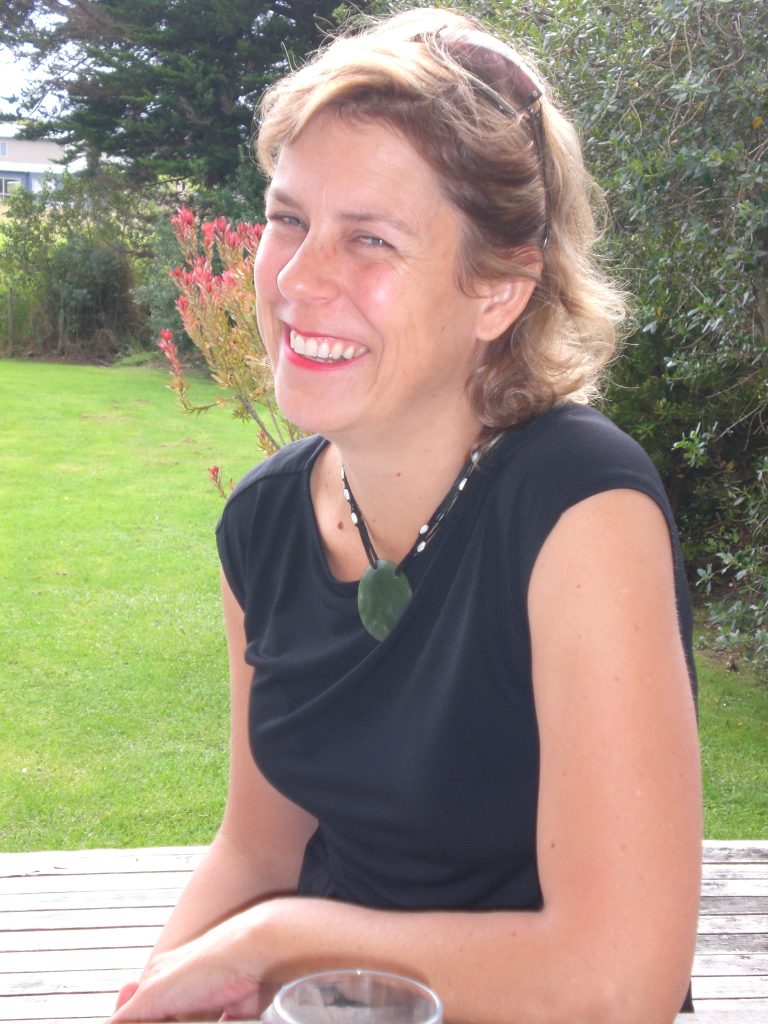Davinia Thornley, a colleague of mine, has a book that just came out: Childfree across the Disciplines: Academic & Activist Perspectives on Not Choosing Children. I had the pleasure of interviewing her about the book:
What inspired you to do this collection of writings by childfree experts, academics and activists?

I created a book that I had always wanted to read. As an academic, there were only a few childfree-orientated articles; I often sought more rounded essays than simply dry demographic texts or deficit-orientated pieces. I imagined a book where academics and activists in various disciplines and movements could riff on the childfree life: its implications, its challenges, its conversations, and its agency—all in relation to its inevitability in the 21st century. Childfree across the Disciplines unequivocally takes a stance supporting the subversive potential of the childfree choice, allowing readers to understand childfreedom as a sense of continuing potential in who—or what—a person can become.
Why do you think it is important to include perspectives across these groups?
I see interdisciplinarity as a major asset of this collection. Childfreedom (rather than simply being bundled into “childlessness,” as it has so often been in the past) is a newly recognized field and, as such, has very few dedicated primary or survey texts. Further, childfree people constitute a rising demographic; therefore, I see Childfree across the Disciplines as adding to this survey literature—from the specific political stance of recognizing and strengthening this field. This is also the reason I have included both original and reprinted work, from academics as well as those adjacent to or outside academia (activists, psychologists, executive coaches, authors, and so on). I aimed to bring together foundational articles on the childfree choice and put them in conversation with more recent works.
The book has four parts: Childfree Subjectivities, Childfree Representation, Childfree Economic and Environmental Perspectives, and Childfree Redefinitions. Can you tell us a little about each.
Part I, Childfree Subjectivities, contains chapters that skewer current understandings of childfree people, in order to provide new psychological pathways and contracts that instead function to empower this group.
This part transitions from traditional understandings of “the family” and serves as a natural segue into part II, Childfree Representation, which looks at the representation of childfree people using a sociological lens, through historical events and in the media.
Part III, Childfree Economic and Environmental Perspectives, contains chapters addressing childfree positions on the current global economic and environmental uncertainty; these authors unequivocally advocate for new ways of understanding childfree people’s contributions in these areas.
In part IV, Childfree Redefinitions, the authors provide new definitions—new narratives—about being childfree that point toward a future when childfreedom is not simply an accepted life choice but instead is recognized for the pivotal role it can play in the healing of the planet. Rounding out all the previous parts, this one provides a “state of the movement” for childfreedom.
Tell us: Childfree across the Disciplines is for anyone who…
Has children or wants children. Of course, you should read it if you are childfree! And you should read it if you’re not sure where you sit. Given that childfreedom has only just become a recognised category (as distinct from childlessness or infertility), many people are unclear about what it means to be childfree and why people choose to make this decision. This book provides one place to hear from those who have made this choice. Through these essays, I hope readers begin to glimpse that not only is it eminently possible to be childfree and fulfilled, but also that childfreedom for some people may prove one of our most valid and sustainable ways of life as we collectively face an uncertain future.
**********
Thank you, Davinia!
Davinia lives in New Zealand, has served as a senior lecturer in film, media, and communication studies at the University of Otago in Aotearoa, is the editor of True Event Adaptation: Scripting Real Lives, and the author of Cinema, Cross-Cultural Collaboration and Criticism: Filming on an Uneven Field.
I have the pleasure of being a contributor to this book ~ Chapter 6: The Annual Global Childfree Event: International Childfree Day!



